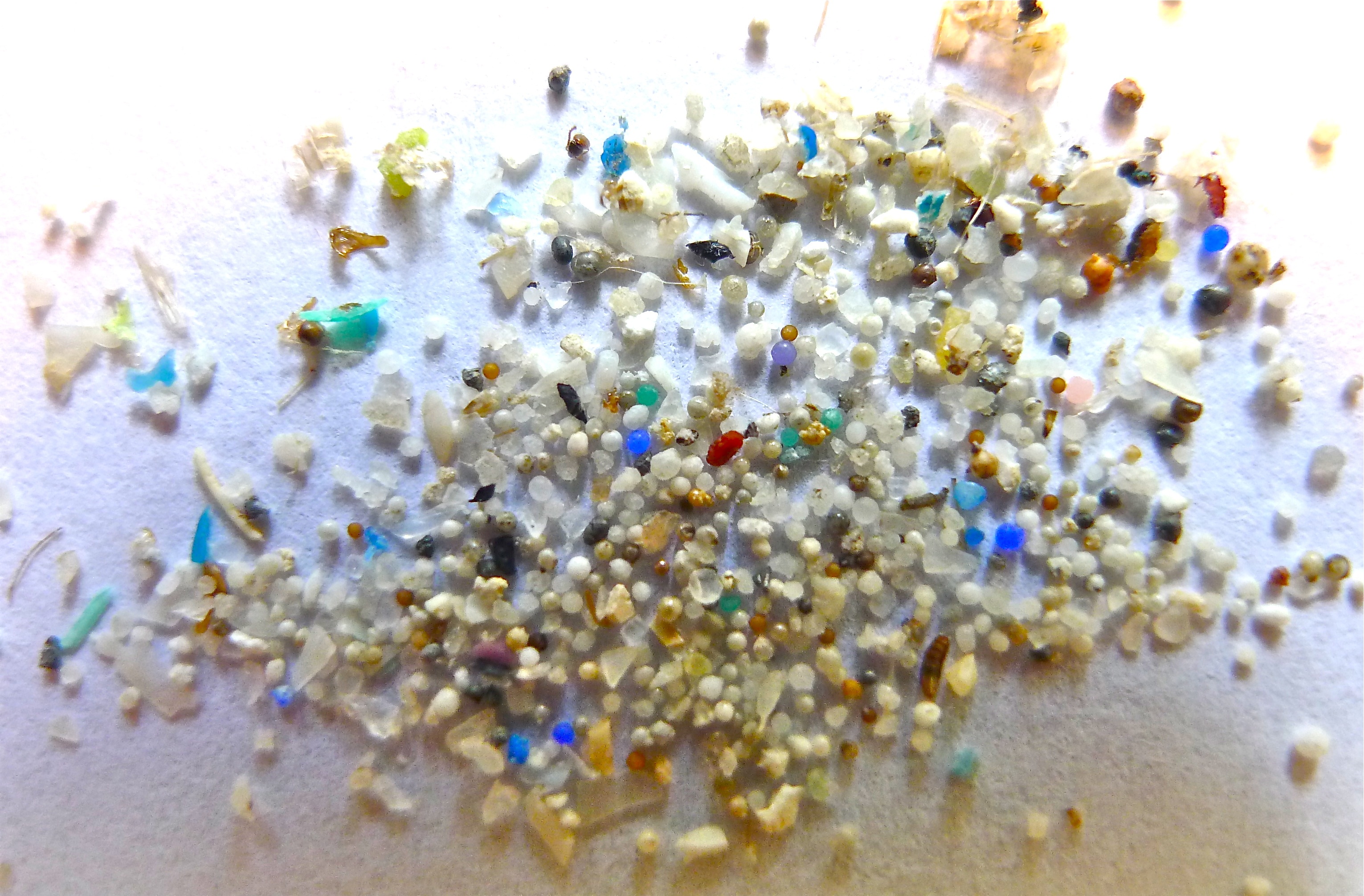Nanoplastics found within disposable face masks

Scientists at Swansea University have uncovered potentially dangerous chemical pollutants including copper, that are released from within the silicon-based and plastic fibres of common disposable face masks when submerged in water.
Project lead at Swansea University, Dr. Sarper Sarp, said: ”All of us need to keep wearing masks as they are essential in ending the pandemic. But we also urgently need more research and regulation on mask production, so we can reduce any risks to the environment and human health.”
The findings reveal significant levels of pollutants in all the masks tested – with nanoparticles and heavy metals released into the water during all tests. The researchers conclude that this will have a substantial environmental impact and raise the question of potential damage to public health where repeated exposure could be hazardous as the substances found have known links to cell death, genotoxicity and cancer formation.
Recently, the European Food Safety Agency published an opinion on titanium dioxide (E 171) finding that it was no longer considered safe in part because researchers weren’t able to exclude genotoxicity.
 English
English Danish
Danish









